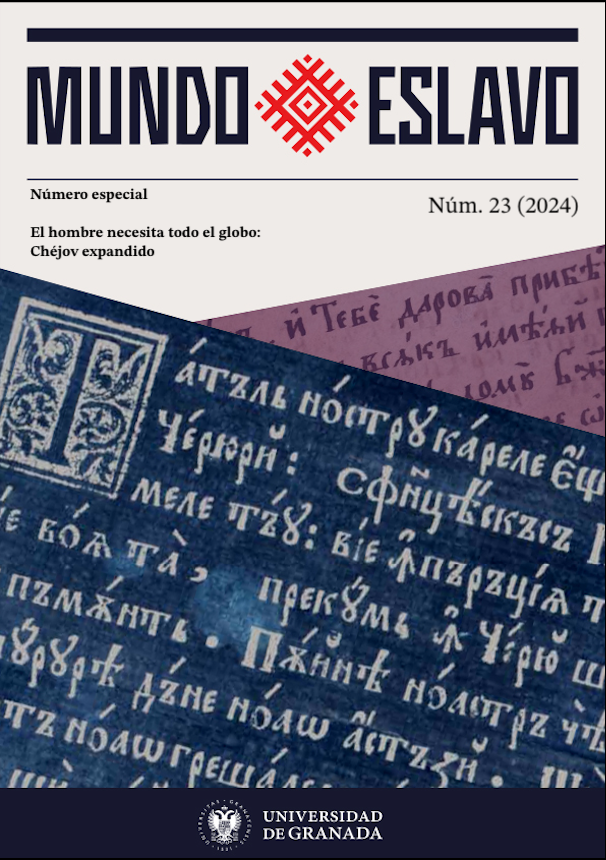Don Quixote’s Fortunes in Polish Jazz
DOI:
https://doi.org/10.30827/meslav.23.29536Abstract
While the intense reception of Don Quixote in music has been documented and analyzed by a large number of research works in past decades, little attention has been paid so far to its relationship with popular music, a lack which is especially acute when it comes to the world of jazz. This article—a study in comparative literature and intermediality—deals with a particularly fascinating aspect of this subject, namely the reception of Cervantes’s masterwork in Polish jazz from 1927 to the present. The analysis of several examples, seen in the context of the reception of Don Quixote in Poland in general, and in the context of the historical circumstances in which these compositions and recordings were created, serves to expand current knowledge not only about the profound influence this novel has exercised on Polish culture, but also about its remarkable presence in the world of jazz more broadly.
Downloads
Downloads
Published
How to Cite
Issue
Section
License
Copyright (c) 2024 Mundo Eslavo

This work is licensed under a Creative Commons Attribution-NonCommercial-ShareAlike 4.0 International License.

CC BY-SA: This license allows reusers to distribute, remix, adapt, and build upon the material in any medium or format, so long as attribution is given to the creator. The license allows for commercial use. If you remix, adapt, or build upon the material, you must license the modified material under identical terms.
CC BY-SA includes the following elements:
BY ![]() – Credit must be given to the creator
– Credit must be given to the creator
SA ![]() – Adaptations must be shared under the same terms
– Adaptations must be shared under the same terms
Authors who publish with this journal agree to the following terms:
1. Authors retain copyright and grant the journal right of first publication with the work simultaneously licensed under a Creative Commons Attribution License that allows others to share the work with an acknowledgement of the work's authorship and initial publication in this journal.
2. Authors are able to enter into separate, additional contractual arrangements for the non-exclusive distribution of the journal's published version of the work (e.g., post it to an institutional repository or publish it in a book), with an acknowledgement of its initial publication in this journal.
3. Authors are permitted and encouraged to post their work online (e.g., in institutional repositories or on their website) prior to and during the submission process, as it can lead to productive exchanges, as well as earlier and greater citation of published work (See The Effect of Open Access).













